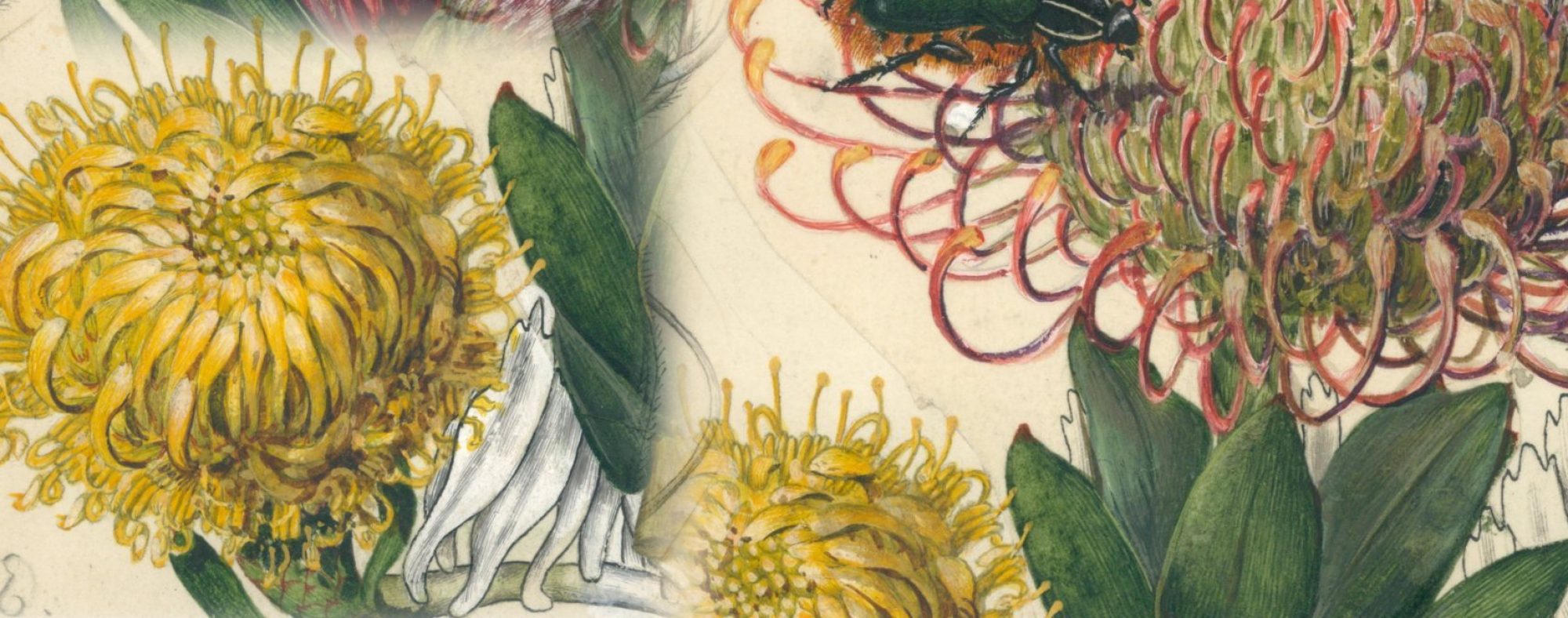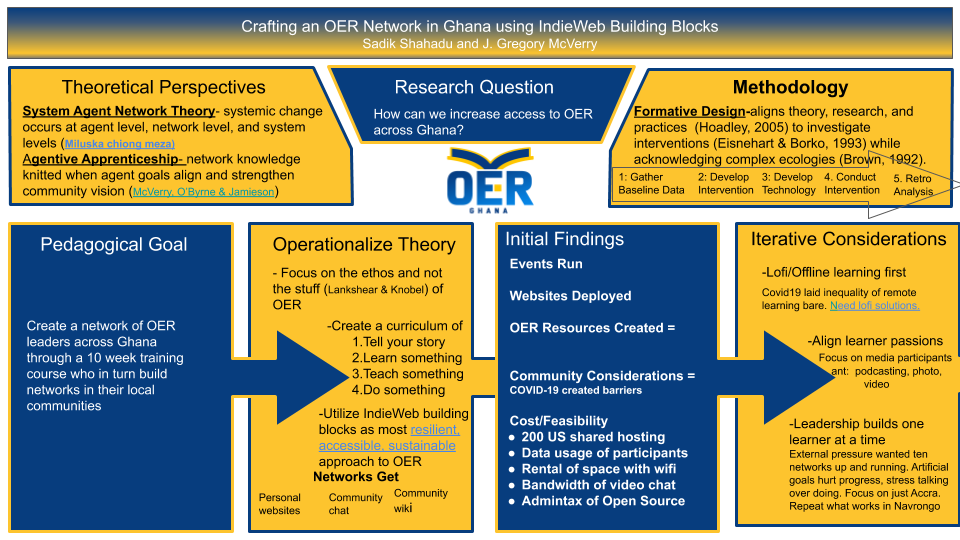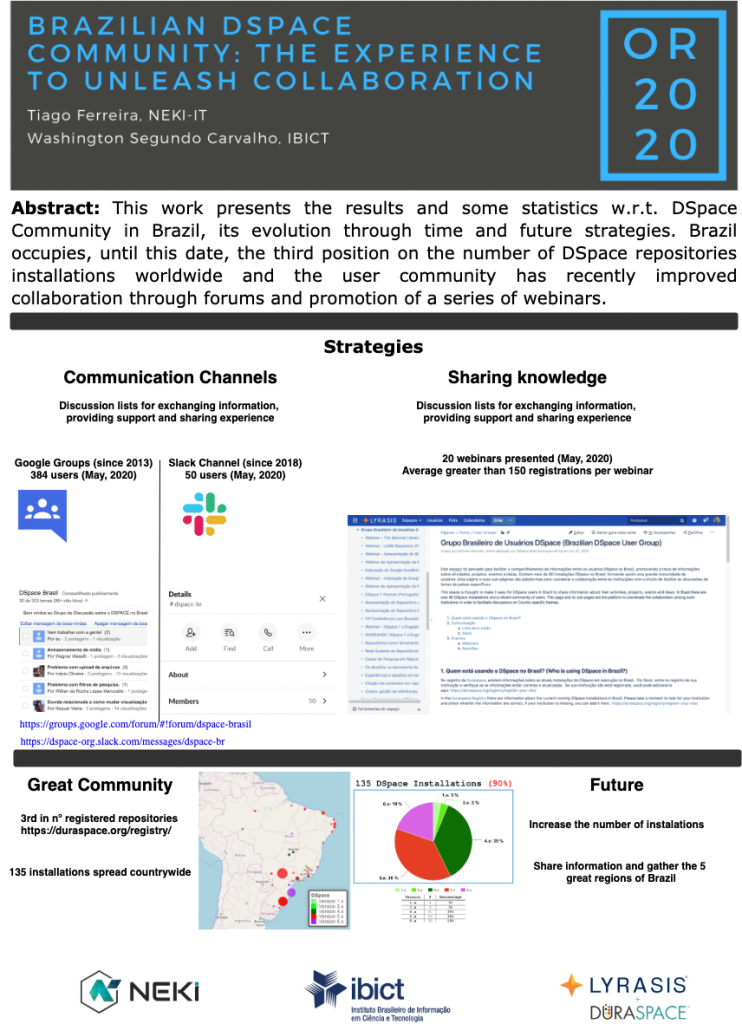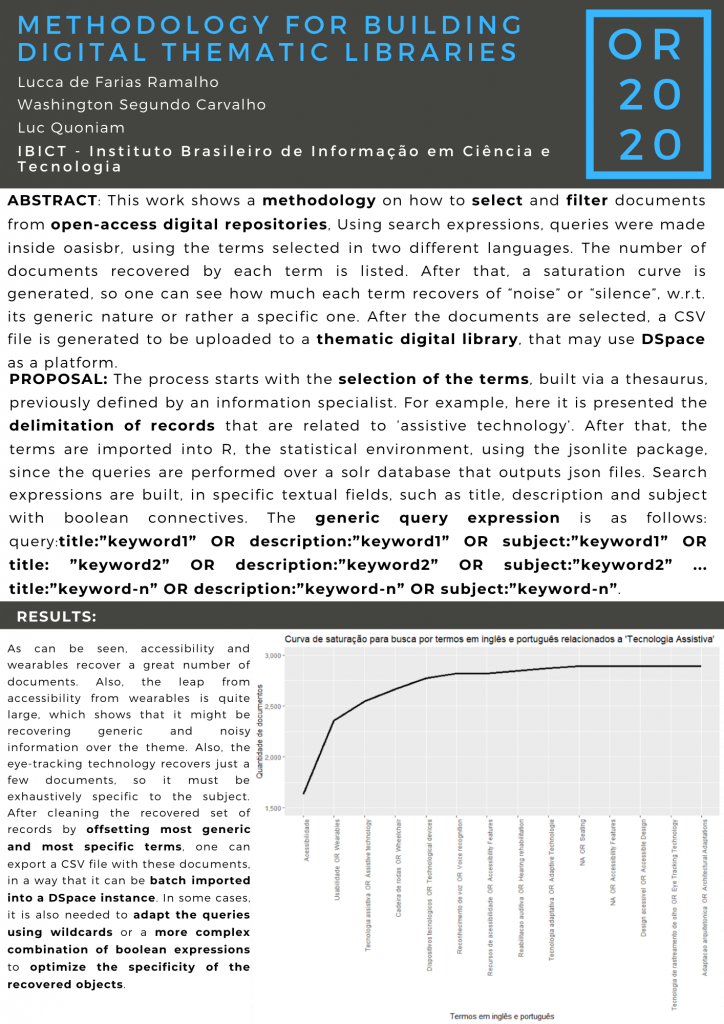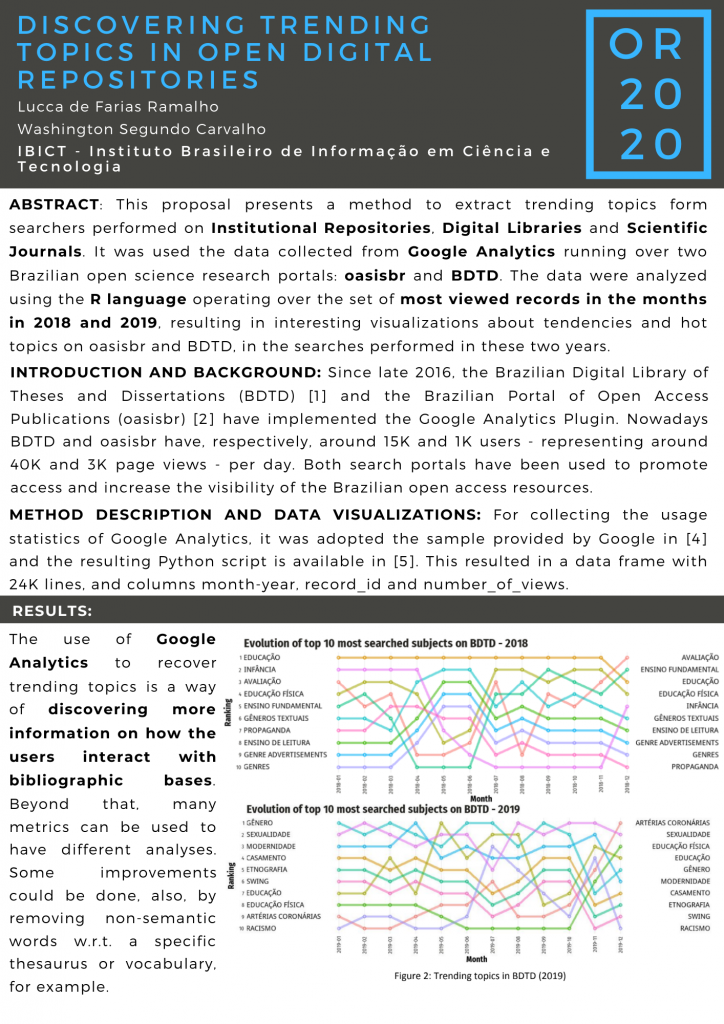This poster is part of the OR2020 Virtual Poster Session which takes place in the week of June 1-5. We encourage you to ask questions and engage in discussion on this poster by using the comments feature. Authors will respond to comments during this week.
Authors:
Sadik Shahadu, Greg Mcverry
Poster description:
Many students are unable to finish their first degrees due to the high cost of higher education in Ghana. Many universities in Ghana lacks access to rich online educational materials to provide an alternative learning module for students who can not afford the standard university education.
This poster focuses on how we are using IndieWeb building blocks to help students and educators to create Open Educational resources. Our program provides free personal websites to students and educators to curate and create OERs on their own websites, the community then write or remix these resources to develop collections of community-approved OER.
(Click on the image below to view and again to enlarge)
About the presenter:
Sadik Shahadu is an inspiring open leader who works to build open educational practices in Ghana. He is the co-founder of Global Open Initiative, a Ghanaian non-profit organization working to promote open data, open access, and the use of open educational resources (OER) across Africa. He is a researcher, a Wikipedian, and a Mozilla Open Leaders X fellow.
